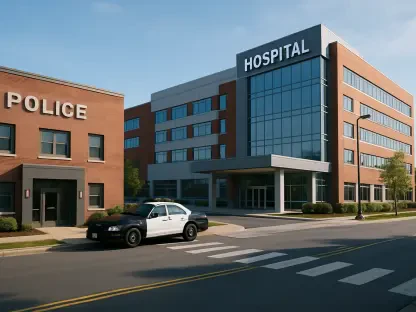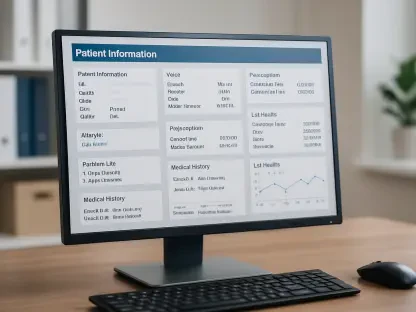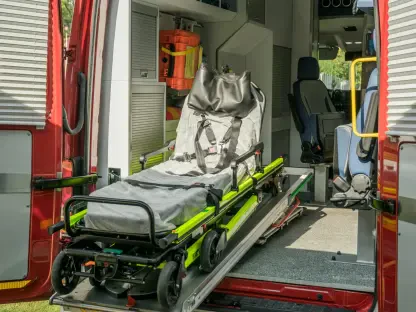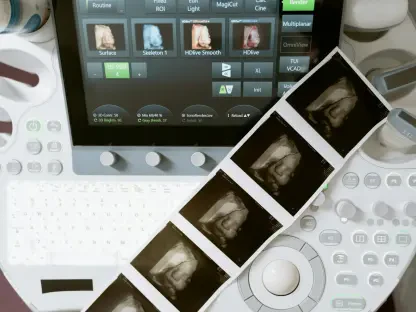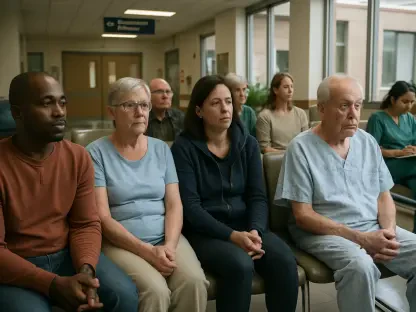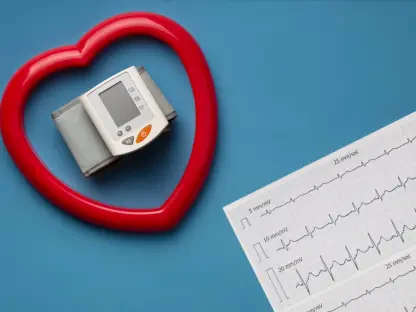In a groundbreaking stride for healthcare in rural regions, a hospital in Montana has emerged as a beacon of innovation by transforming surgical care through cutting-edge technology. Intermountain St. Vincent Regional Hospital in Billings has been honored with a prestigious award from the Montana Hospital Association for its pioneering Robotics Hub Project. This initiative is redefining how specialized surgical expertise is delivered, particularly in areas where access to advanced medical care can be limited. By leveraging real-time virtual proctoring and consultation, the hospital is ensuring that patients receive top-tier treatment without the burden of long-distance travel. This development not only highlights the potential of technology to bridge geographic gaps but also sets a new standard for patient-centered care in the state and beyond. The impact of such advancements sparks curiosity about how they are implemented and what they mean for the future of healthcare delivery.
Advancing Surgical Care Through Technology
Transforming Operations with Virtual Collaboration
At the heart of this innovative approach lies the Robotics Hub Project, a physician-led program that enables expert surgeons to guide and train others remotely during robotic-assisted procedures. This virtual collaboration allows specialists to observe and assist in real-time, replicating the experience of being physically present in the operating room. The technology ensures that even in remote or underserved areas, local surgeons can access the expertise needed to perform complex surgeries with confidence. Patients benefit directly from this setup, as they receive high-quality care without needing to leave their communities. Dr. Jeff Rentz, the medical director of the robotic surgery program at Intermountain St. Vincent, has emphasized that bringing additional expertise into the operating room virtually enhances patient outcomes significantly. This initiative represents a major leap forward in making advanced surgical care more accessible and efficient across Montana.
Reducing Barriers to Specialized Treatment
Beyond the technical marvel of virtual proctoring, the Robotics Hub Project addresses a critical challenge in rural healthcare: the financial and logistical burden of traveling for specialized treatment. For many patients in Montana, accessing expert surgical care often means long journeys to urban centers, which can be both costly and stressful. By facilitating remote consultations and guidance, the hospital ensures that complex procedures are performed locally, alleviating these burdens. This approach not only saves time and money for patients but also fosters a sense of trust in local healthcare systems. The Montana Hospital Association has recognized this effort as a model for improving healthcare delivery, noting its potential to inspire similar innovations elsewhere. The focus on accessibility underscores a broader commitment to equity in medical services, ensuring that geography no longer dictates the quality of care a patient receives.
Shaping the Future of Healthcare Delivery
Building on a Legacy of Surgical Excellence
Intermountain St. Vincent Regional Hospital has a well-established history of excellence in robotic surgery, dating back over a decade. As the first facility in Montana to earn the designation of a Robotic Surgery Center of Excellence by the Surgical Review Corporation, the hospital has consistently adhered to the highest standards of care through rigorous external evaluations. This accreditation reflects a deep-rooted commitment to innovation and quality in surgical practices. The Robotics Hub Project builds on this legacy by not only advancing technology but also sharing its benefits with a wider community. Ed Buttrey, President and CEO of the Montana Hospital Association, has praised the initiative for its role in democratizing access to advanced medical procedures. This historical context adds credibility to the hospital’s current efforts, positioning it as a leader in transforming surgical care for rural populations.
Inspiring Broader Healthcare Innovations
The implications of the Robotics Hub Project extend far beyond the walls of Intermountain St. Vincent. By setting a benchmark for integrating technology with patient care, the hospital is paving the way for other institutions to adopt similar models. The initiative highlights how strategic use of virtual tools can enhance provider training, improve surgical outcomes, and address disparities in healthcare access. This forward-thinking approach aligns with a growing trend of using technology to solve real-world challenges in medicine, particularly in areas with limited resources. The recognition from a nonprofit representing over 80 healthcare providers in Montana further validates the project’s impact and potential for scalability. As a result, this effort serves as an inspiration for future innovations, encouraging collaboration between technology and healthcare to create sustainable solutions for communities in need.
Reflecting on a Milestone Achievement
Looking back, the strides made by Intermountain St. Vincent Regional Hospital through the Robotics Hub Project marked a turning point in surgical care for Montana. The hospital’s dedication to leveraging virtual technology reshaped how expertise was shared and applied in operating rooms across the region. For healthcare providers and policymakers, the success of this initiative offered valuable lessons on integrating innovation with accessibility. Moving forward, the focus should be on expanding such programs to other rural areas, ensuring that the benefits of advanced technology reach even more patients. Collaboration with technology developers and other medical institutions could further refine these virtual platforms, making them more user-friendly and widely applicable. Additionally, investing in training for local surgeons to utilize these tools effectively will be crucial. This achievement laid a foundation for ongoing progress, pointing toward a future where healthcare disparities are continually addressed through inventive and compassionate solutions.


